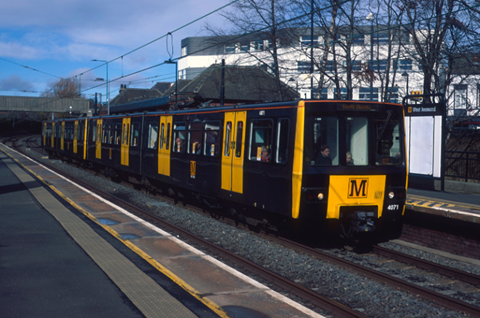
The Supreme Court has ruled in favour of workers employed by transport firm Nexus on the Tyne and Wear Metro in a pay-related case.
The judgment follows a long-running dispute regarding a 2012 agreement between Nexus, Unite, RMT and other unions, which saw a 25.5% productivity bonus become part of 150 maintenance employees’ basic pay. They argued that the adjustment should have increased their shift allowances, which are calculated on basic pay, however, Nexus disagreed.
An employment tribunal in 2015 found that Nexus had underpaid employees by not reflecting the increase in shift allowance. The organisation then sought to rectify the original agreement in the High Court in 2020 to avoid these liabilities.
The Supreme Court decision stated that Nexus cannot use rectification of the 2012 agreement to avoid previously determined wage claims. It also stated that employers must address claims directly with affected employees, rather than just unions, if they seek to rectify individual contract terms.
Due to separate proceedings begun by Nexus in 2020, there has yet to be a ruling on any payment for the workers.
Sharon Graham, general secretary at Unite, said: “This has been a complicated and long-running legal dispute on behalf of Nexus workers. Our victory at the Supreme Court shows not only that we were right all along but that Unite will take the fight, on behalf of its members, all the way to the highest court in the land where necessary. This is a legal precedent that will be incredibly important to the wider union movement. This is a vindication for our members who would not allow their employer to pick their pockets.”
Nexus was contacted for comment prior to publication.










